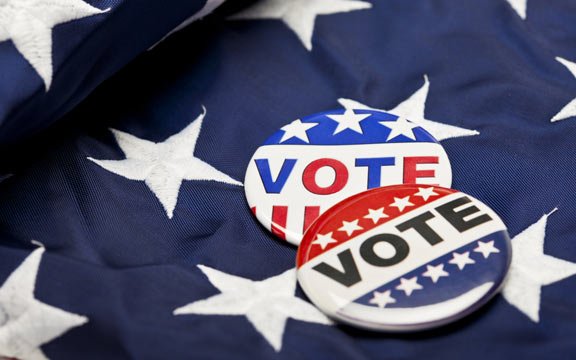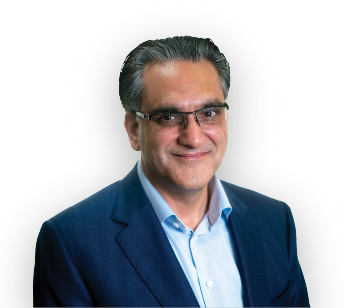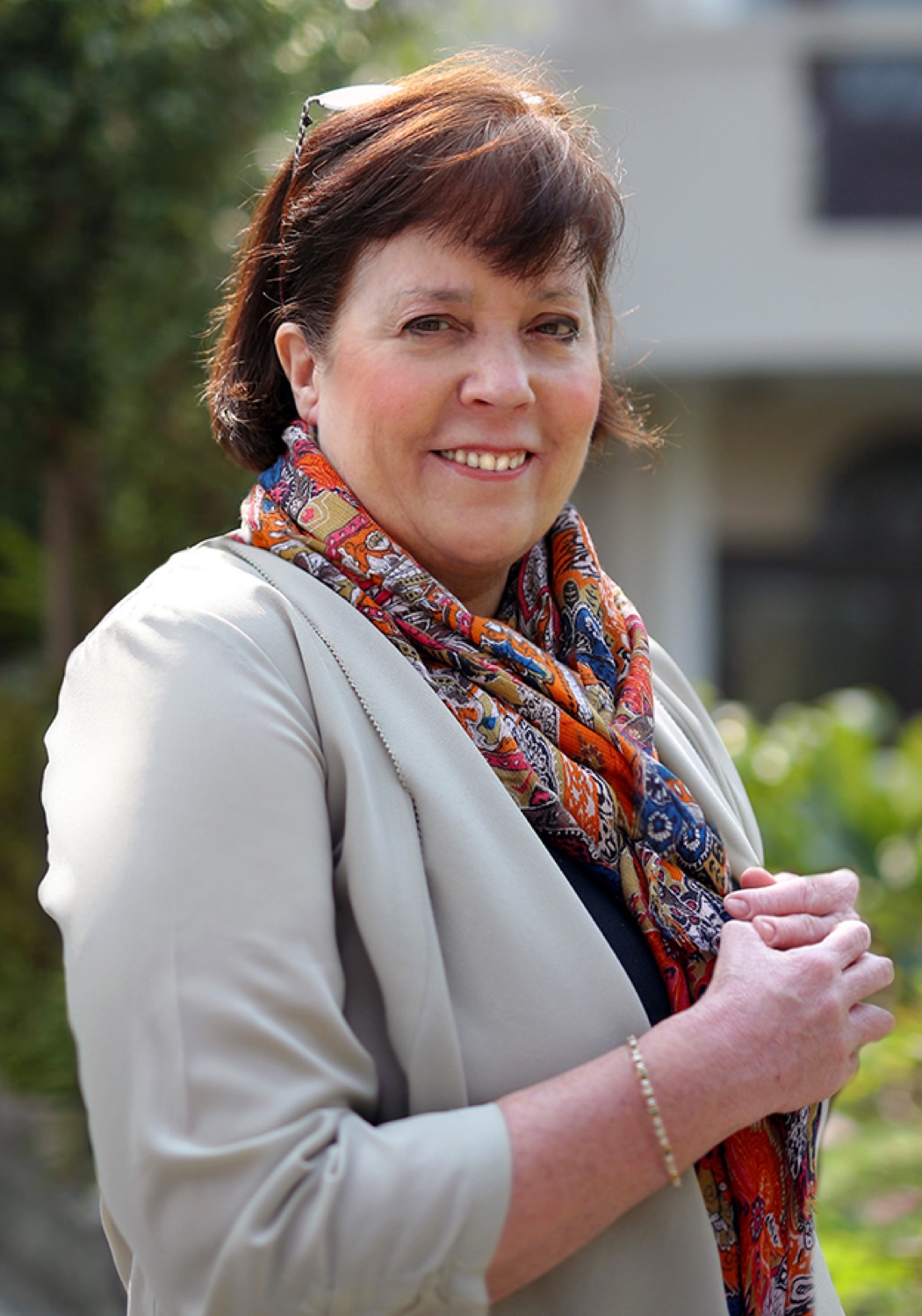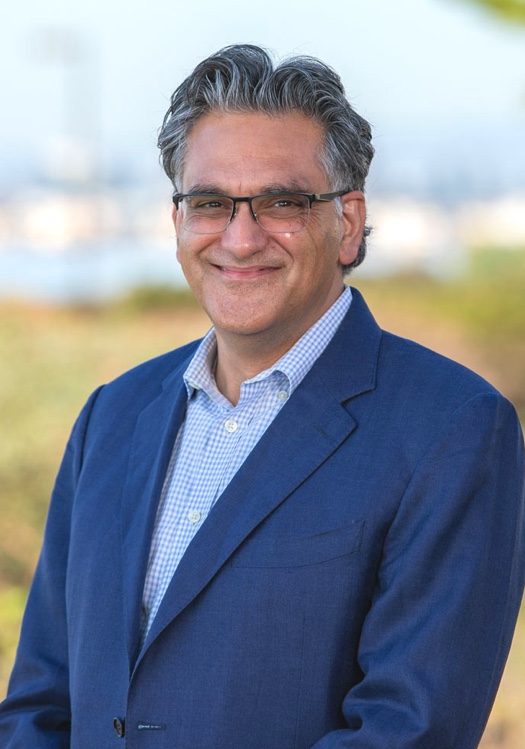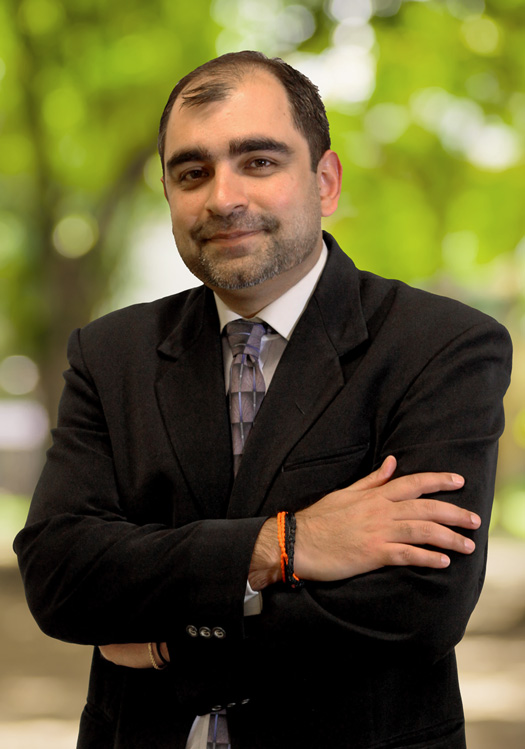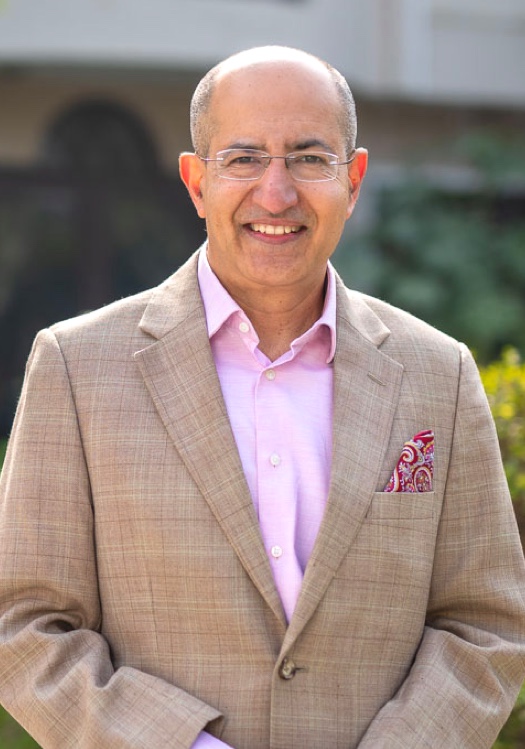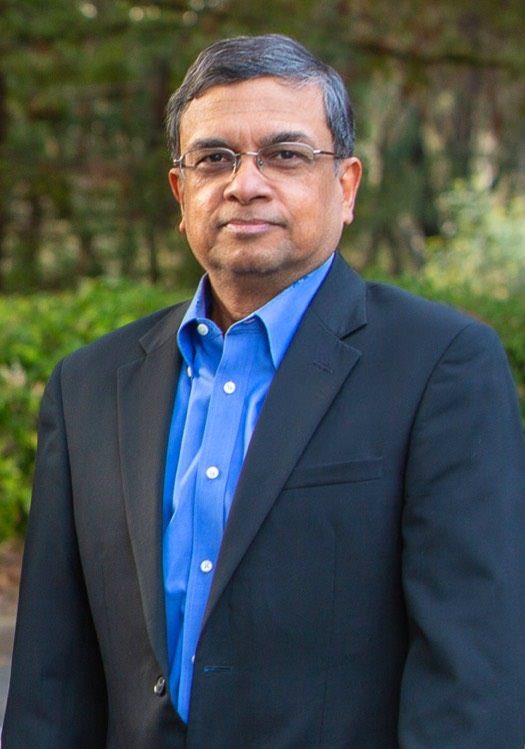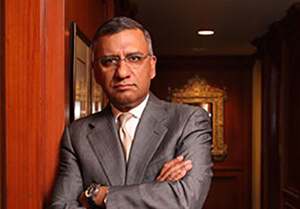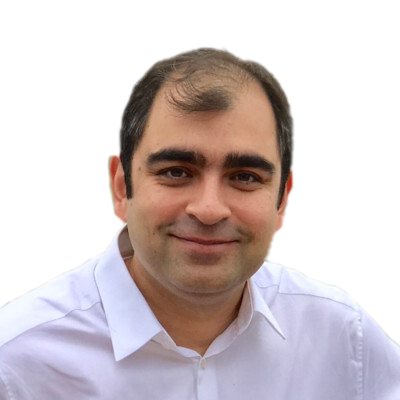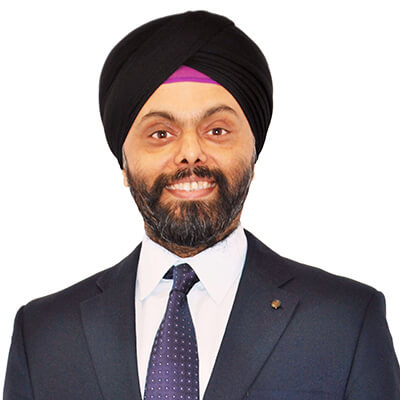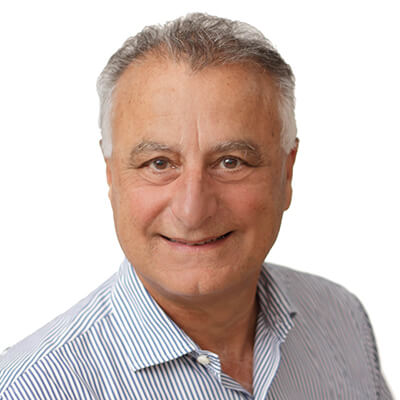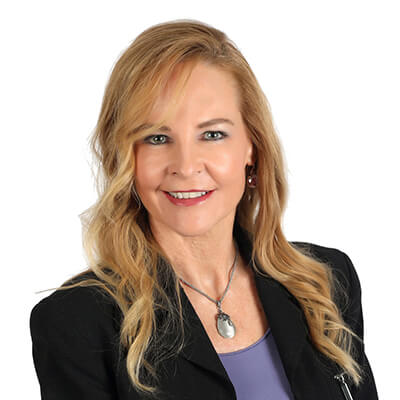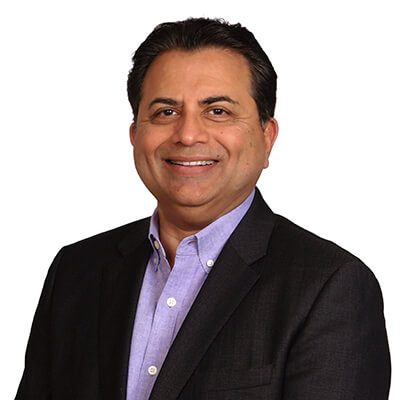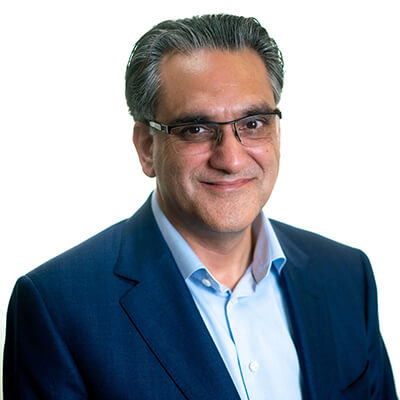Read the idea behind the thought provoking presentation made by Absolutdata at the Cornell Hospitality Event. Ever wondered what the Obama presidential campaign had in it for the hospitality industry? Taking a cue from the “Swing” voter phenomena, the hospitality industry has to step up to take the advantage of the “Persuadable Guest”. Will this be the game changer for the hospitality companies?
Direct marketing efforts in hospitality are almost exclusively focused on the most responsive guests. Driving this is the widespread belief that responsiveness and payoff are highly correlated. But is this accurate? Or is there another important segment hospitality marketers should be targeting? Is less marketing, in fact, more efficient?
This leads to other interesting questions. If a guest is extremely responsive, would they still book, even without a specific marketing action? Can we also posit that a guest’s response is not necessarily correlated to influence and payoff?
We’ll discuss the answers in this post and in a following one. First, let’s explore what other industries have found about marketing.
Applying Uplift Modeling to the Hospitality Industry
Uplift modeling refers to a predictive technique. By using random data and a scientific method, it tries to forecast how certain groups of people will respond to a given sales approach.
Other industries have successfully used Uplift modeling techniques to predict persuasion. In hospitality marketing, this technique is also showing promising results. One of these results is defining who is likely to respond to direct marketing offers. This not only enhances targeting; it also enhances promotion design, increasing simplicity and clarity and leading to greater efficiency.
The Problem with Direct Marketing: Over-Targeting of Rich Offers
Direct Marketing in hospitality relies heavily on promotions: those ubiquitous offers, deals and discounts that move people in the door. Typically, promotions are targeted at anyone who is likely to respond. Sometimes, they are aimed at just about everyone. So what’s the problem with this type of direct marketing?
There are two major problems with this system. One is that over-targeting is rampant, which reduces the efficiency of any marketing plan. Also, these promotions have rich offers (e.g. rate sales, loyalty bonus points etc.) and are cost intensive.
This combination of rich offers and over-targeting can result in lost revenue. The graphic to the left illustrates the various inefficiencies arising from this approach.
Applying Marketing Effectiveness and Uplift Modeling to the Hospitality Industry
Other industries and campaigns have grappled with this problem in the past, with varying results. Some of the most successful efforts have been seen in the banking and retail industries (cross-selling) and in telecom companies (customer retention). A common factor in these success stories is identifying the Persuadable Customer.
Defining the Persuadable and Sure-Fire Customer Profile. Basically, in any campaign, some people (from the entire target group) would have responded without the promotion. These Sure-Fire Customers are where over-targeting occurs. However, some of those that responded were persuaded by the promotion. These are the Persuadable Customers.
Even the most accurate prediction of response leads to targeting both Persuadable and Sure-Fire guests. But the biggest successes in direct marketing have resulted from a laser-sharp focus on Persuadable Customers. A particularly notable recent example of success is Obama’s 2012 presidential campaign. This campaign was designed around finding persuadable swing voters and engaging them with targeted messages.
Considerable research has been done in this area – especially in the usage of Uplift modeling techniques to identify Persuadable Customers. In our next post, we’ll discuss this research and its implications for the hospitality industry.
For the complete presentation made at the Cornell Hospitality event, visit here.
Other reading material :

